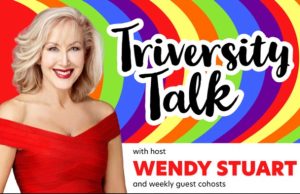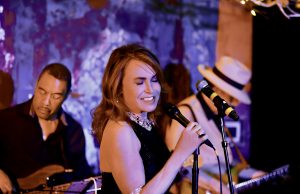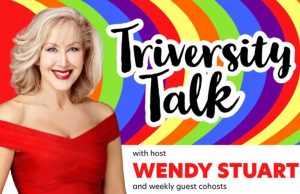Frederick Douglass From Slavery To Freedom
In order to understand the Present and prepare for the Future, we must understand the Past.
Life Under Slavery
Frederick Douglass was born in March 1818, in a cabin on a large Maryland plantation, to a slave mother and an unknown father. As a young boy, he experienced the horrors of life under slavery in the United States.
Gateway to the Future
At seven years of age, Douglass was sent to Baltimore to live in the house of his new master, Hugh Auld. There, he learned to read. Douglass later asserted that the ability to read and write enabled him to comprehend the full meanings and horrors of slavery and gave him a fierce thirst for freedom.
Sophia Auld, Hugh Auld’s wife, instructed Douglass in reading at first, but Mr. Auld soon stopped the lessons, because learning to read would “forever unfit him to be a slave.”
Frederick Douglass then embarked on a secret and illegal program of self-education, reading newspapers, the Bible, and speeches from the Columbian Orator.
The summer of 1833 was a turning point in Douglass’s life. The “rebellious” young Douglass was sent to the farm of a vicious “slave breaker,” Edward Covey.
In July, after a fierce fight with Covey, from which Douglass emerged unbeaten, he vowed never to spend another day in slavery without fighting to be free.
Escape to Freedom
Back in Baltimore, Douglass began to plan his escape. He was greatly strengthened in his resolve by hearing and reading about abolitionists, men and women like John Quincy Adams and William Lloyd Garrison, who were working to end slavery.
On Se ptember 3, l838, Frederick Douglass disguised himself as a free seaman. Carrying false identification papers, he traveled by train and boat to New York City and freedom.
ptember 3, l838, Frederick Douglass disguised himself as a free seaman. Carrying false identification papers, he traveled by train and boat to New York City and freedom.
Though free, Douglass remained a fugitive under the law until friends in England purchased his liberty in 1846.
In l845, Douglass published his autobiography, . Written by Himself., and dedicated his life to crusading against slavery.
Legacy
Frederick Douglass was an extraordinary man, and his life story is remarkable. Yet his quest for freedom and the difficult choices he made resonate for ordinary Americans who are facing great challenges in achieving their goals and dreams.
Douglass asserted that the ability to read and write enabled him to comprehend the full meanings and horrors of slavery and gave him a fierce thirst for freedom.
His life is a testimony to the power of learning. Education opened his mind and heart to the larger world, where there were people who opposed slavery.
In an extraordinary display of forgiveness, Douglass wrote to Hugh Auld, his former master: “I love you, but hate slavery.”
Although Douglass harbored a certain kind of love for Auld, a paternal figure to him in many ways, he despised the institution of slavery, which Auld would be forever associated with.
source: Developed by The Gilder Lehrman Institute of American History.













